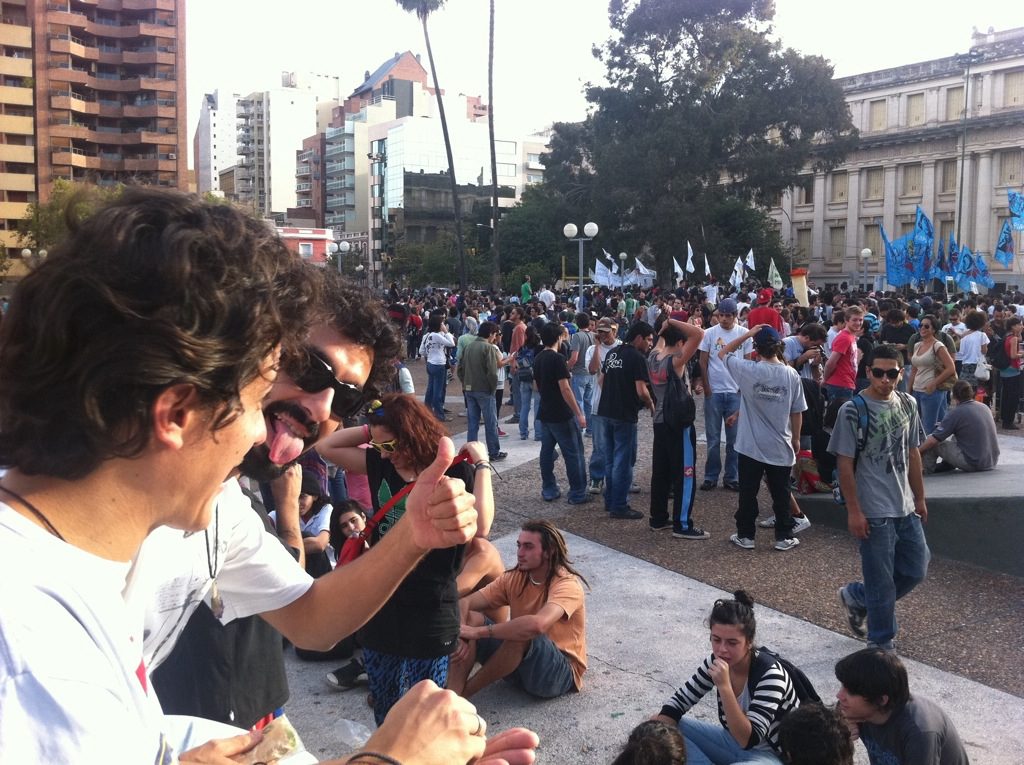
Marching through Cordoba
The violent past lives strong in the memory of the South American people. The past decades have seen revolutions, coup d’états, and right wing fascism, everywhere South of the Rio Grande. Explosions were a common occurrence in the streets of Bogota, up to 30,000 people vanished into thin air in Argentina, and revolutions in Bolivia and Venezuela are but a recent memory.
Military fascism dictated that everyone stay in line, and the slightest deviation from their stated course was sometimes punishable by death. Hair could not be longer at the back, sideburns could not surpass a certain length and your outfit could not be libertarian. It was as if any form of individualism posed a threat to the social order, and therefore the order of the generals.
But the generals no longer have anyone under their thumb, and the wave of freedom sweeping through South America means rebellion against social norms and non-conformism. The new generations grow out pony-tails, have scruffy beards, party and smoke dope, yes lots of dope. And this brings us to Cordoba.
Cordoba is Argentina’s second largest city, home to 1.3 million people. It was one of the first Spanish colonial capitals of Argentina and is a city abundant in history. The Universitad Nacional de Cordoba, founded in 1613 by the Jesuit order, is the oldest in the country. Ever since Cordoba has become a great center of learning, and with its 200,000 students, it’s one of the youngest and most vibrant towns in South America.
We arrive here after a long overnight bus ride from the border with Uruguay. After a long walk through the city’s beautiful Sarmiento Park, we finally reach our Cordoba hostel, The Luna India.
We reach the gate around 8 AM and ring the bell, to no avail. We try time after time, but there’s no answer. Surely the owner knows we’re coming? Eventually, we get someone’s attention and a scruffy looking fella appears. He’s looking rough, sleepy eyed and obviously hung over. It’s Joshua, the owner, and he explains in his broken English that he wasn’t aware of any bookings, and that the night before they’d had a small party, played some music and grilled some meat. We laugh. He fixes us into a dorm with two other folks and heads back to bed. It’s a Saturday morning and Cordoba’s asleep. Perhaps everyone was at his party.
A few hours go by and suddenly the hostel roars to life. People are cooking, people are chatting and music is playing. We get to meet the “family” as they call themselves. Lucy’s a Venezuelan who’s studying Acting at Cordoba’s university, loves American dramas and does funny impressions. Ezequiel is a tennis coach and likes house beats. The three Danes are here to add some volunteering experience to their resumes, and the Punjabi works at the only Indian store in town, selling original Pashmina textiles made in China.
Joshua, the owner, is a third generation Italo-Argentine who prefers to communicate in Italian, rather than English. He plays drums, loves music, and runs the hostel to support his lifestyle. It’s immediately obvious that everyone here is comfortable with each other, and that they’ve been living together for some time. The conversation’s flowing, Lucy’s cooking for the crew and the vibes are good all around.
Joshua is very friendly and he offers to show us around town. Perhaps we’d like to join him and his friends later on at the Marijuana March. The what??? The Marijuana March??? In Cordoba??
Yes, it’s Saturday, May 5th and Cordoba has signed on to participate in the Global Marijuana March. A must attend event for me, more out of curiosity than anything else, but my better half feels otherwise and stays behind. We hop in Joshua’s 1980s VW, and join the thousands of Cordovans in front of City Hall. The atmosphere is very joyous, there is some chanting, some puffing, and some kicking the ball high. Surprisingly, there’s a broad spectrum of people here – young and old, groups of friends and even parents with their kids.
I meet some of Joshua’s friends, and we chat for a while. They explain to me that this is more than just a fight for the right to smoke, it’s a larger form of anti-establishment expression. When the generals were the lords of the land, people were not able to congregate, and smoking pot was unheard of. They tell me that Dictatorship could never reoccur in Argentina, because the memory is too fresh and that people would not stand for it. To them, the right to congregate, to demonstrate, to express, is democracy in the making.
The crowd leaves City Hall square and marches through the old town to Villa Belgrano, walking together in peaceful procession. We reach the park and different groups find spots to settle down. It’s no easy task since the park is packed. The band’s playing by the gazebo, cheerful, funky accordion tunes. Some join the chorus, some join the crazy dance. Between songs, organizers give speeches in Spanish, people applaud, leaving me guessing what has been said. Everyone’s friendly, everyone’s sharing, and life’s good.
We climb back in the VW and drive back home. The female bear is amused hearing all the stories, but less so when she hears we’re going out again. It’s Saturday night and Cordobans like to party, it is a very young town in Argentina after all. We go to some club where Cesar, Joshua’s friend meets us outside. The place is packed he says and the bouncers aren’t letting anyone in. No worries, there’s other things going on. Back in the VW, we drive to someone’s house, where a chica is having a house party. A big crowd’s inside, some passing beer bottles around, many smoking, all chatting. I try to connect with the locals but my elementary Spanish is barely cutting it, and no one speaks English.
Word has it that there’s an underground party tonight, a sort of illegal club, pieced together for this evening. We leave the chica’s house and venture out to the “club”. It turns out to be a big hall, elbow tight packed. A band is playing a mix of local music, and the locals are screaming out lyrics. A plastic table improvises as a bar, bouncers are not required here, nor is a liquor license.
Joshua is a musician himself and tries to introduce me to the different types of Argentinian music. He tells me how to differentiate Cumbia by the shakers and other forms of music. Beer seems to be the drink of choice in this place. Big groups of 6-8 people sharing two big bottles and passing them around. An interesting way to bond it seems. I put away my inhibitions and drink when it’s my turn. Then I buy and pass it around. Everything’s fraternal here, no tensions, just friends and music. And thus the night goes by, song after song.
On the way back Joshua suggests we grab a bite. It’s 4 AM but there’s a line outside the choripan truck. A choripan, chorizo and pan, is the Argentinian version of the American sausage, just ten times better. So good I had to get another one. A perfect way to end a perfect day, our first in Argentina.
To get from Concordia to Cordoba: We took a long distance overnight bus from Concordia’s Entre Rios terminal. Our two seats in cama class on an Andesmar bus cost 507 Argentinian pesos ($113), and took approximately 10 hours.
Luna India Hostel: Our two beds in a four bed dorm cost 116 ARS. The hostel is more like a house full of roommates that is constantly evolving, and is located in a peaceful and tranquil area of Cordoba. Details can be found here.


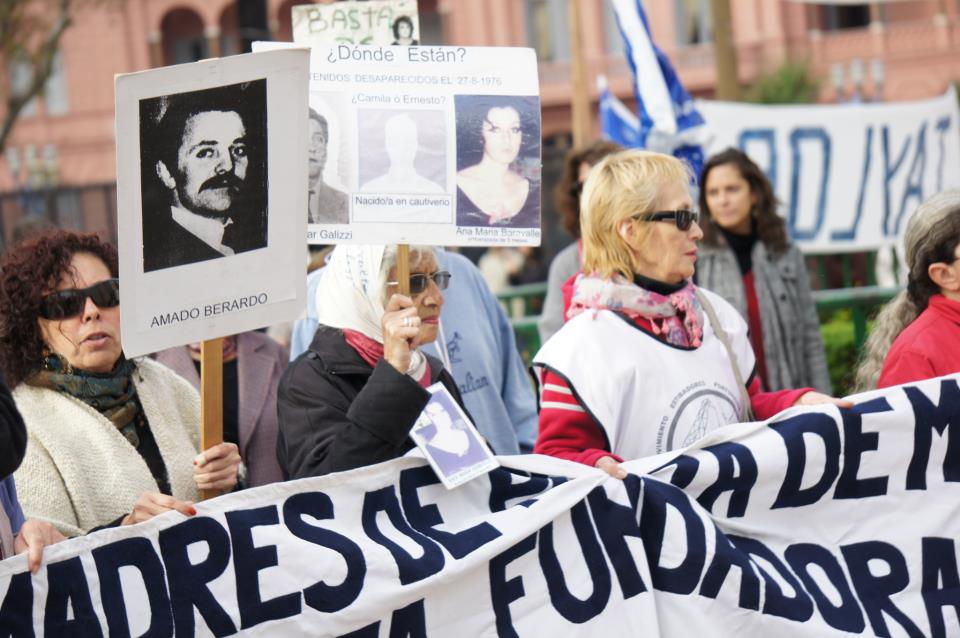
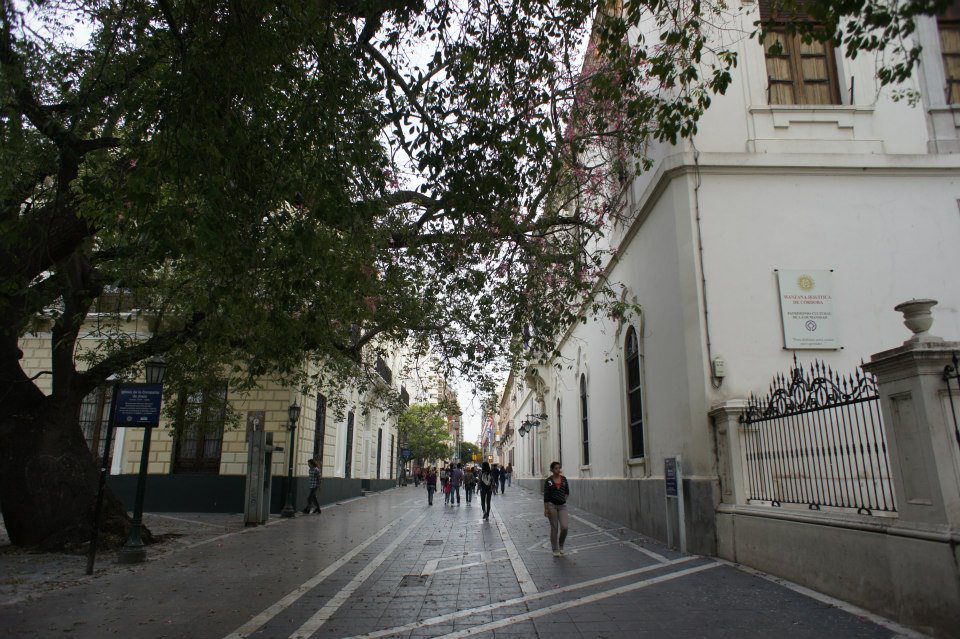
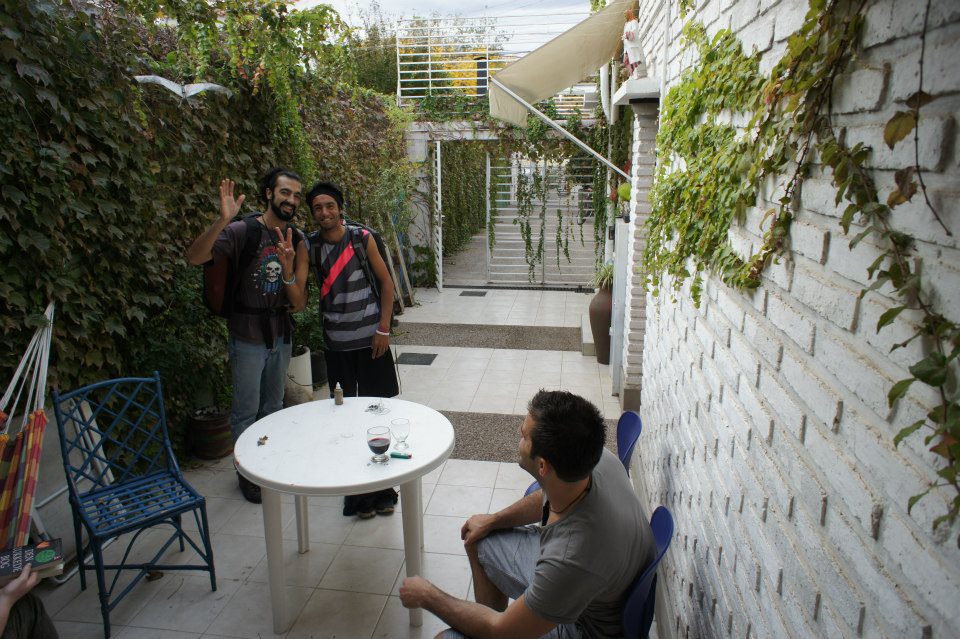
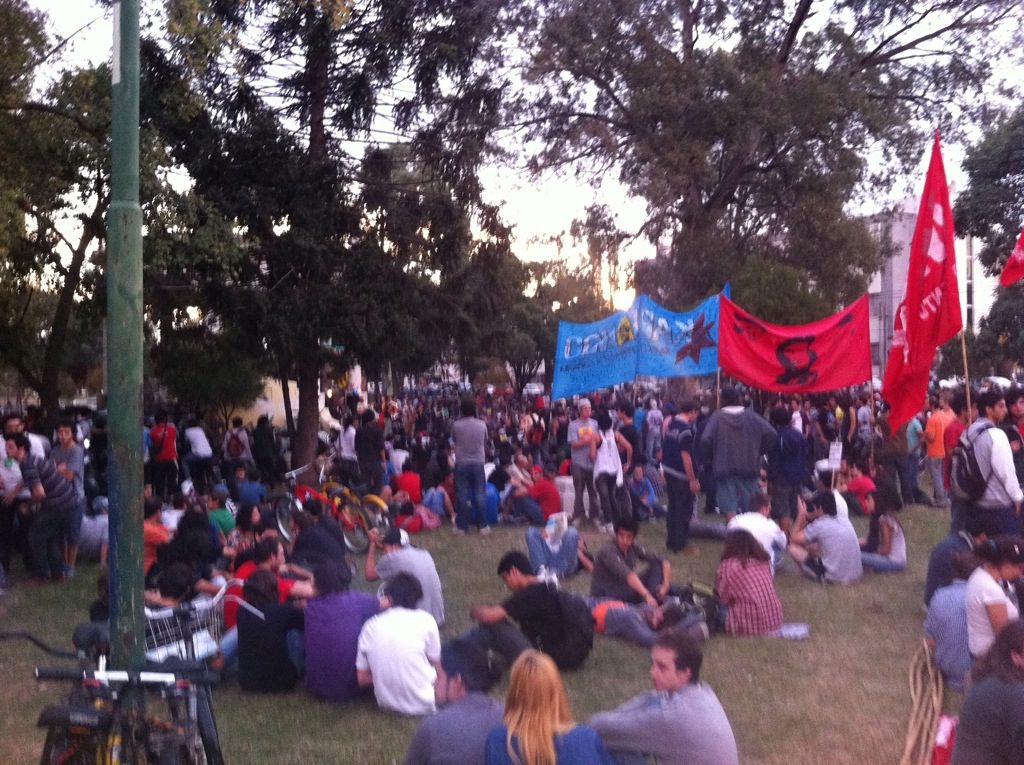
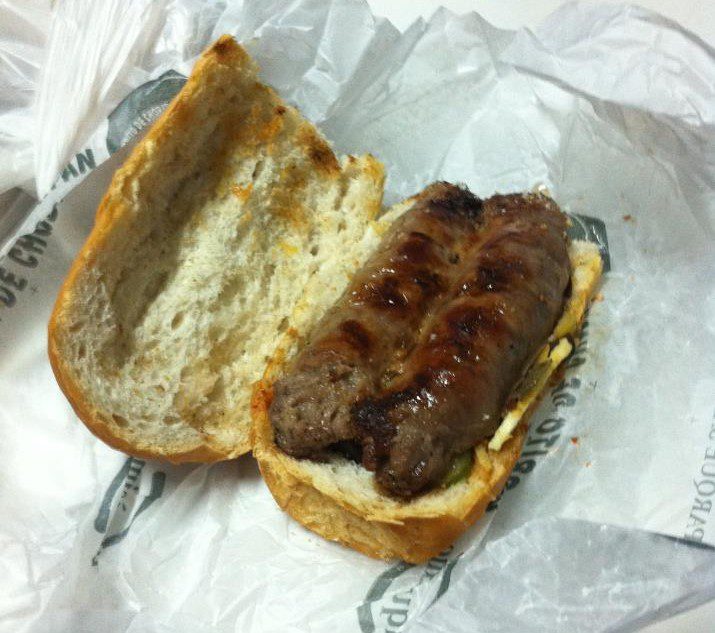
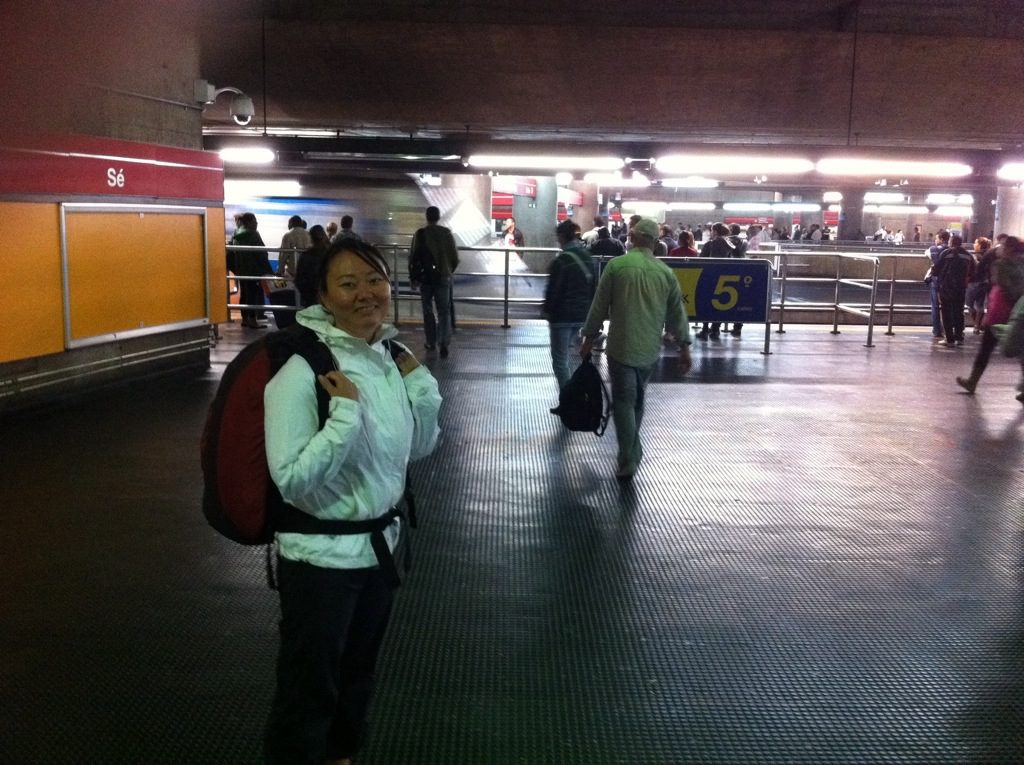
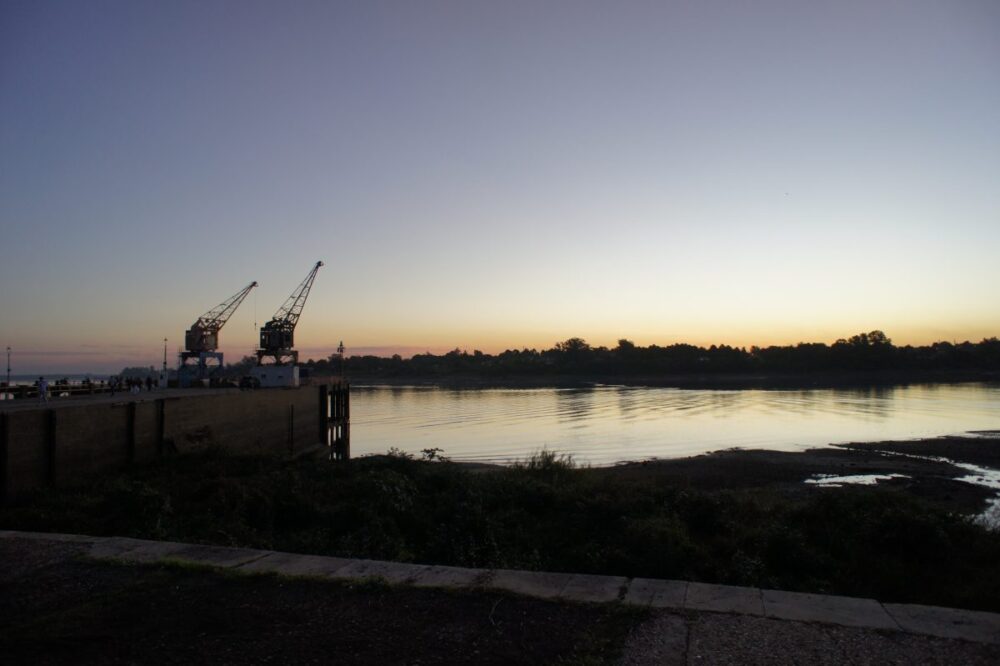
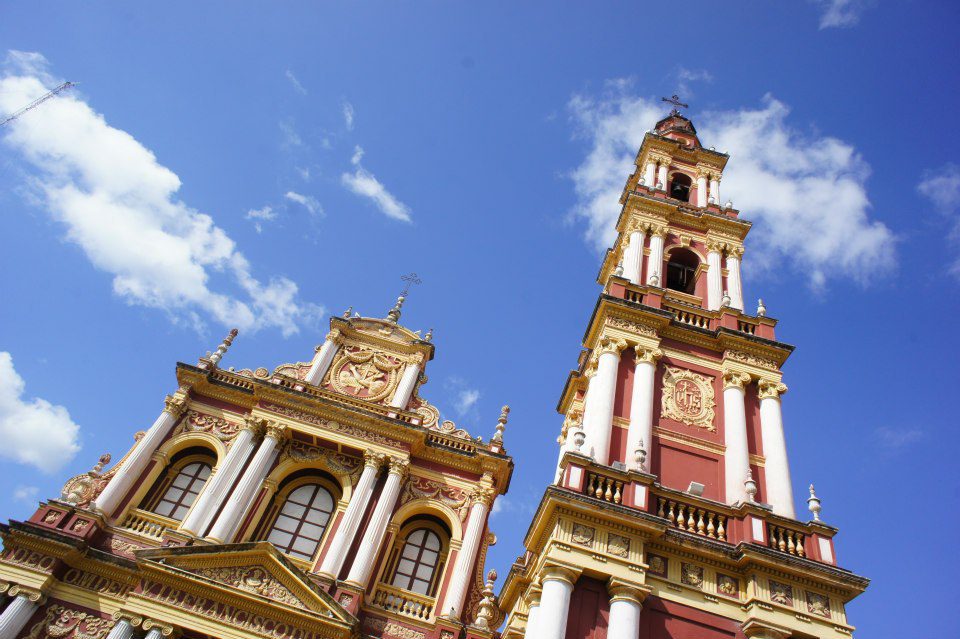
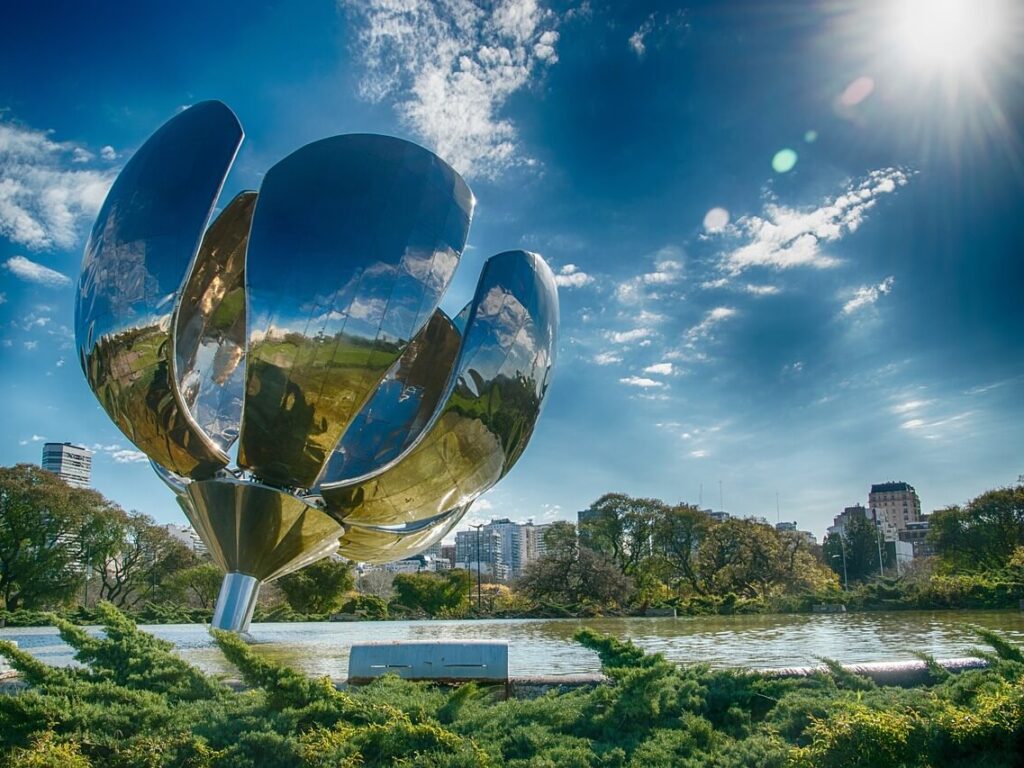
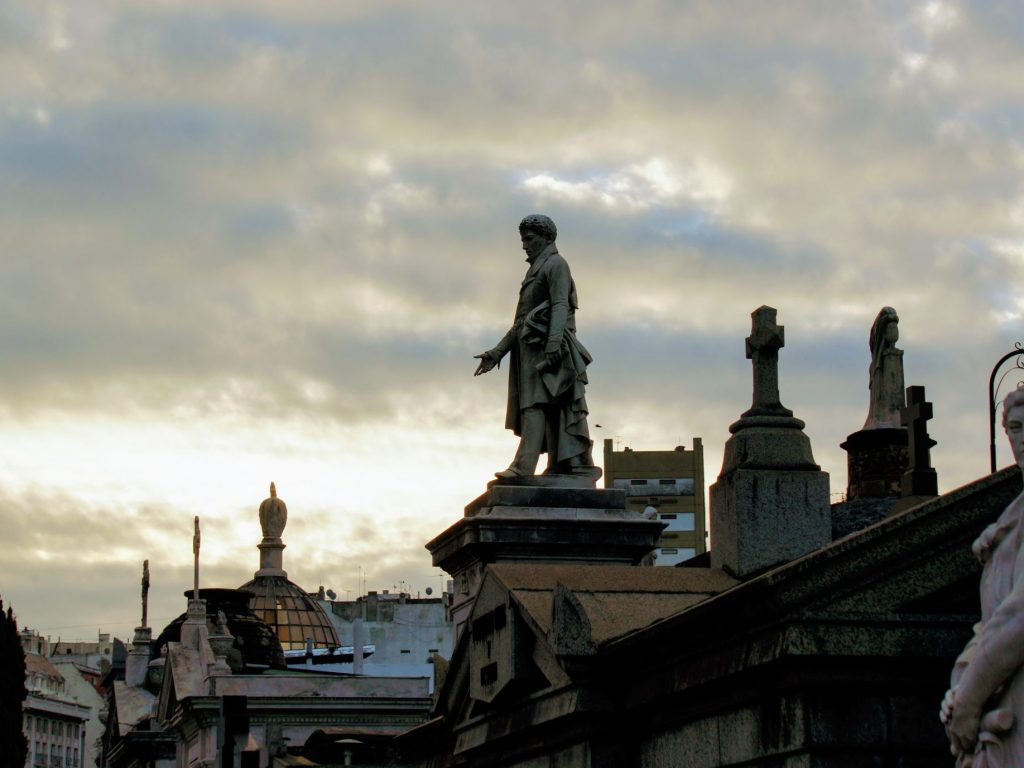
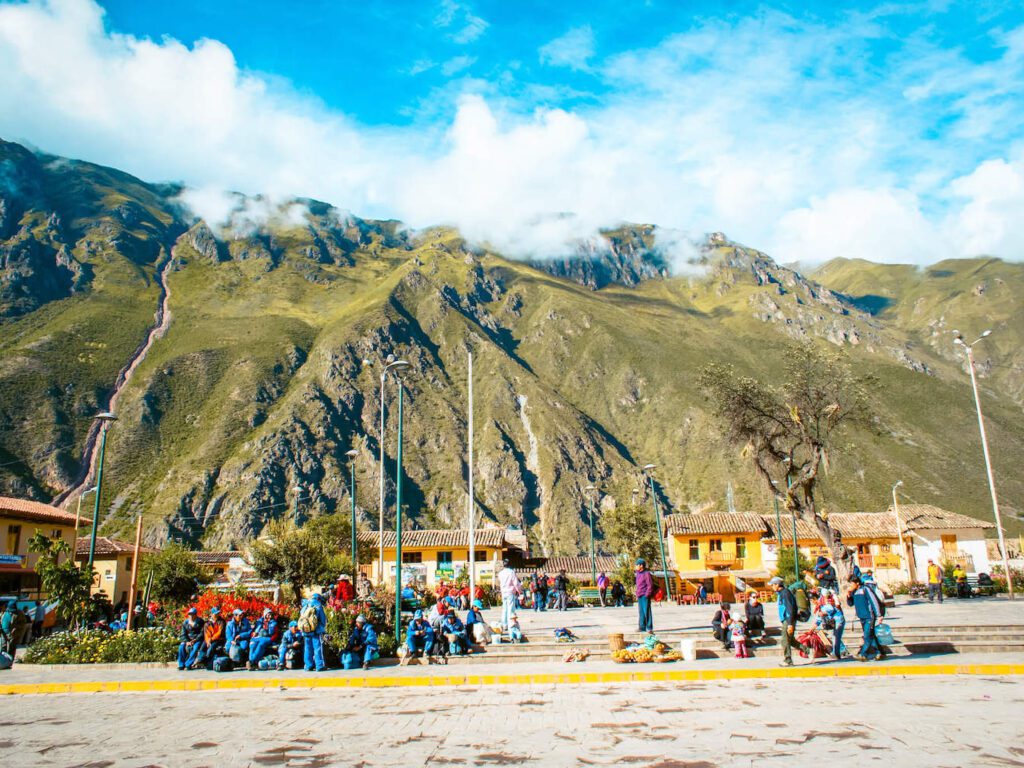
ShruTroup
We visted Buenos Aires in 2011. It is a beautiful city with an interesting history and good looking people. We realized that protests are just part of life there. Roads get closed at any point without notice. I can’t remember the name of the square..but it was always filled with people, colorful banners and flags. Thanks for sharing your story!